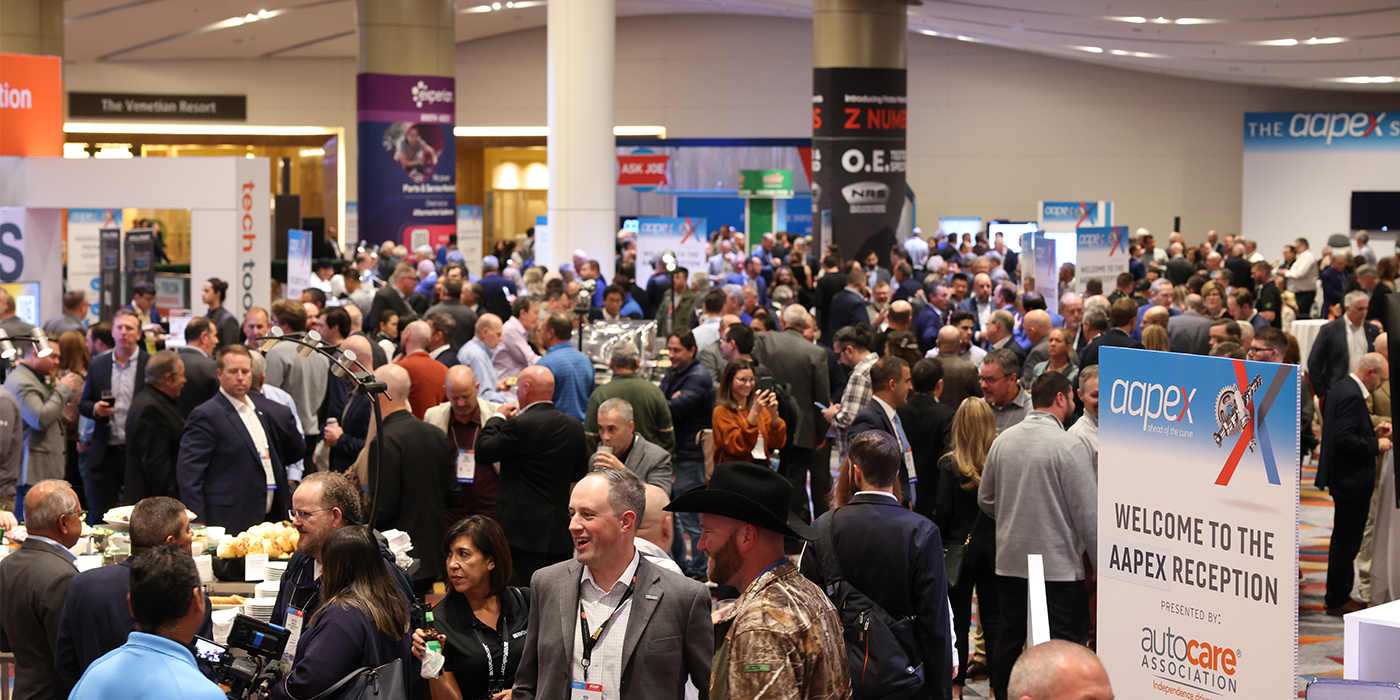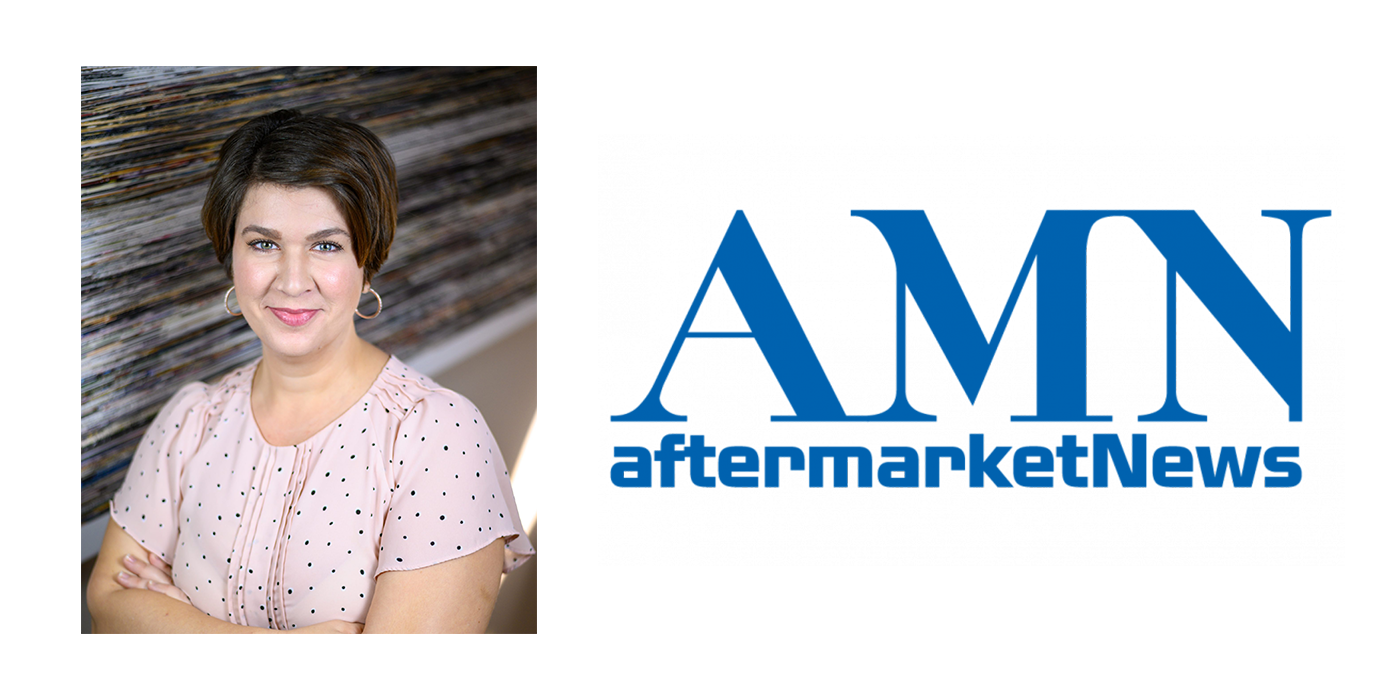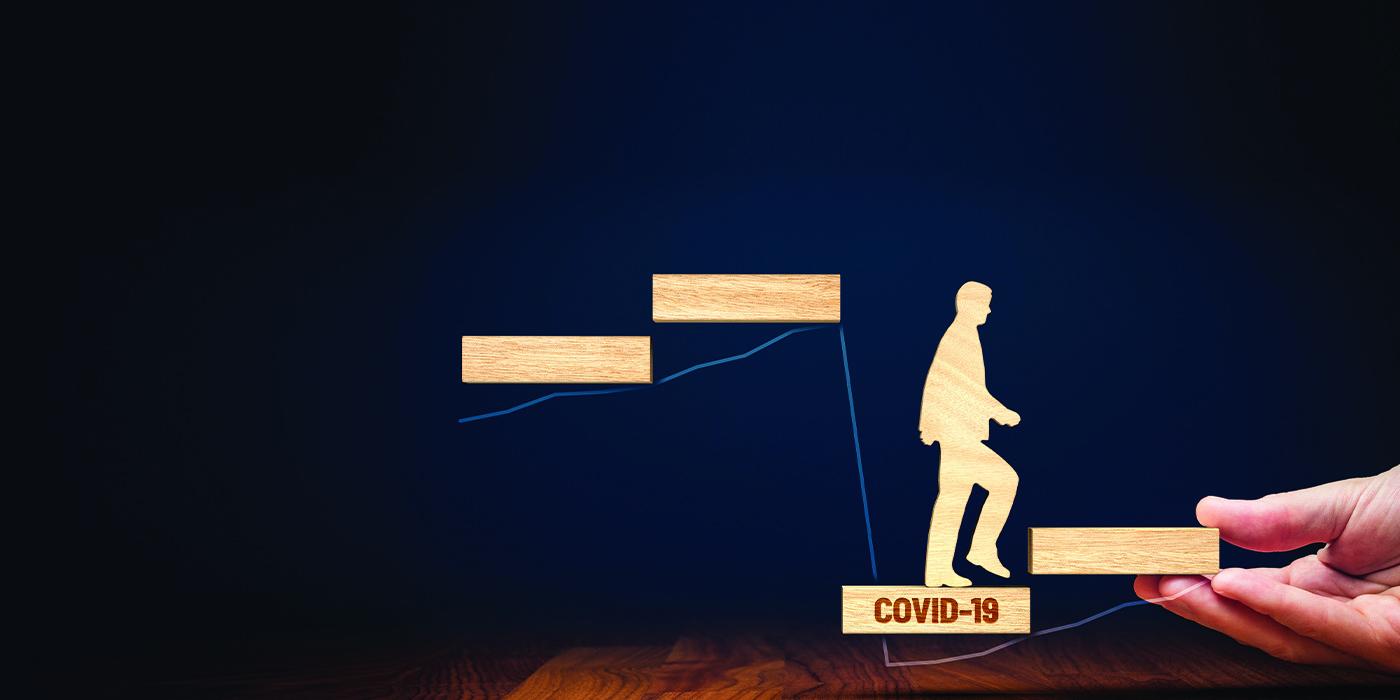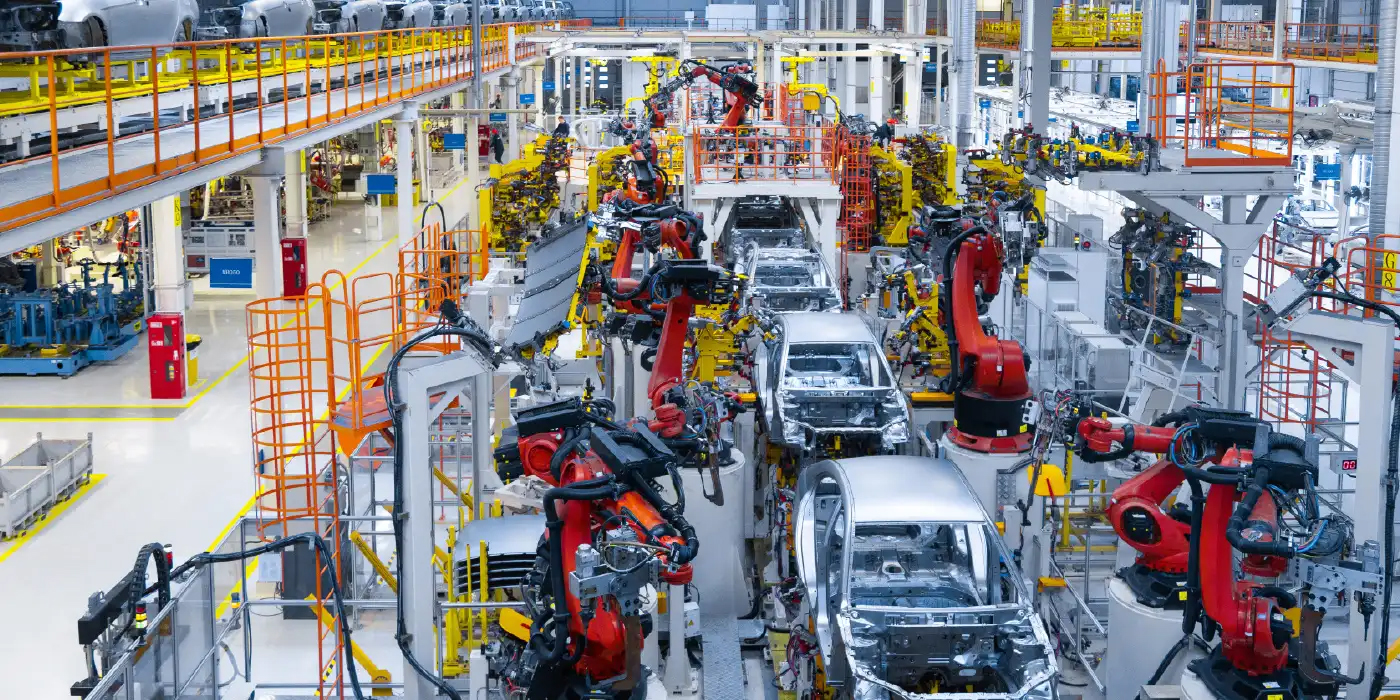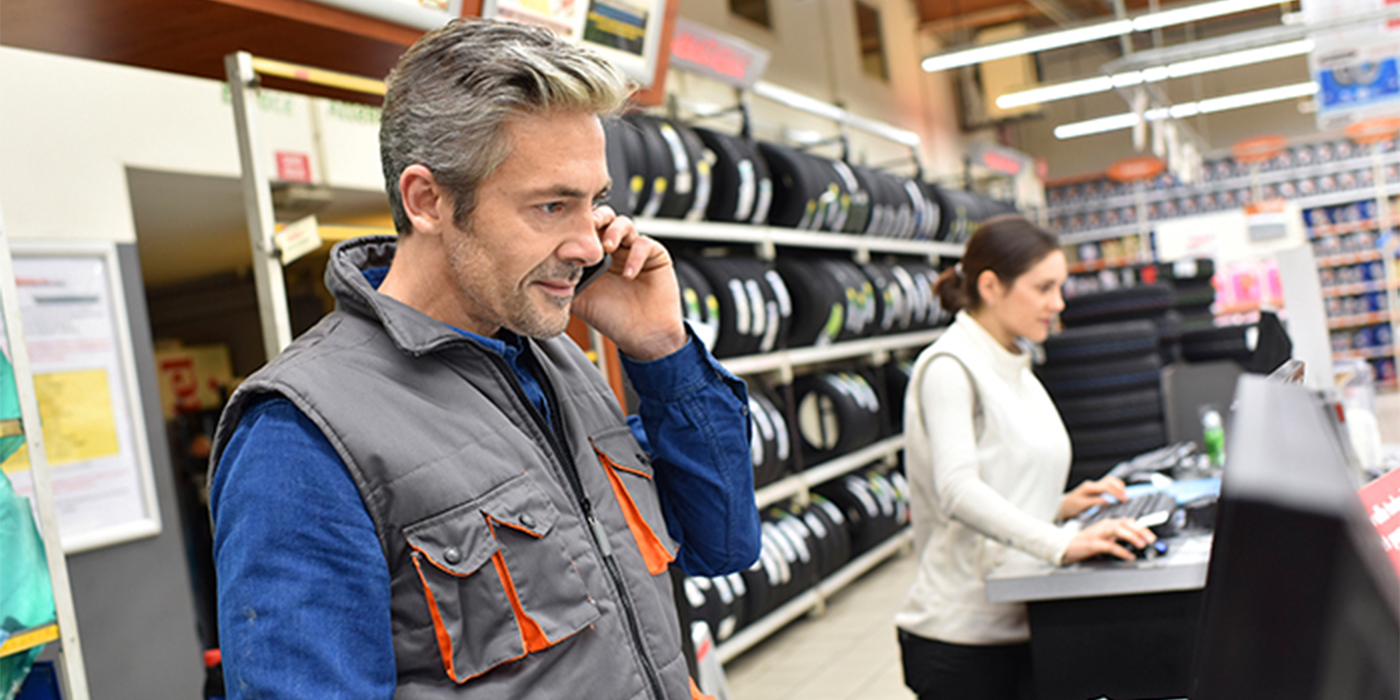By Amy Antenora, Editor
Thanks to increased legislative and media attention, the issue of counterfeiting has been pushed to the forefront of the American business’ consciousness. Blamed for the loss of billions of dollars every year, product counterfeiting is estimated to cause about $12 billion in lost sales annually for American automotive suppliers. Within the aftermarket, counterfeiting isn’t limited only to trademark violations or manufacture of knock-off parts. It also includes the illegal copying or ‘pirating’ of software, a primary business for a number of companies in the aftermarket. For this week’s “Ask the Industry,” we spoke with several companies that develop software solutions for the automotive aftermarket to find out how they protect against software piracy.
Terry O’Reilly, chief executive officer of Pricedex, contends that software piracy should be right up there with the industry’s top counterfeiting concerns. "Software piracy, as an issue, is every bit as relevant as the aftermarket’s counterfeiting concerns, or concerns for the ownership of catalog information and content," he said. “The case is similar with regard to intellectual property in relation to software and other information technology. I do think that, in the automotive aftermarket we should be doing even more to inform and excite our political and governmental leaders about these concerns, and to promote more action to build suitable and meaningful international protections for proprietary intellectual property.”
ALLDATA, a provider of repair information and solutions owned by AutoZone, knows firsthand what it’s like to be the victim of software piracy. In February, the company was awarded $20,000 in statutory damages, plus more than $12,200 in attorney’s fees in a lawsuit against a Florida man who illegally copied and sold ALLDATA’s automotive diagnostic and repair software, in violation of copyright law.
In announcing the court victory, ALLDATA’s General Manager Jeff Lagges detailed just how widespread the issue of software piracy is.
“Software piracy goes way beyond one person copying one program," said Lagges. "In one year alone, worldwide software companies lost more than $13 billion and thousands of jobs due to piracy. Pirated software also hurts the user, because they receive no customer support and end up using outdated or defective products. With our customers and our employees depending on us, ALLDATA will continue to aggressively protect the products we create.”
So what can companies do to protect its products before it’s too late?
Gary Nicks, VP of operations for Mitchell 1, said his company takes a multifaceted approach to protecting against what he described as the growing problem of software piracy.
“To begin, we register each new release of our software with the United States Copyright Office and sell the product with a License Agreement that clearly details the restrictions on copying and/or reselling the product. Then, we develop each software product with specific security features built in, so any violation of the copyright or license agreement is easily identified as a willful act.
“Every day Mitchell 1 runs automated searches of the popular auction websites and monitors other websites known to be used by pirates to post unauthorized items for sale. Agreements have been put in place with many of the websites to quickly remove the illegal offerings and provide Mitchell 1 with the pirate’s contact information. Once obtained, it is turned over to our attornies who begin legal action in the civil courts.
“For individuals calling on shops to make illegal sales, Mitchell 1 goes after them using the criminal court system. Acting on information provided by honest shop owners, contact is made with local law enforcement agencies and a criminal complaint is filed. Then, we work with law enforcement to set up and execute a ‘sting’ operation. For shops using illegal software, the local Mitchell 1 sales representative notifies the shop of the illegal situation. The rep then attempts to convert the shop to a legitimate customer. If the shop refuses to move from illegal to legal product, we turn the shop over to our attorney for legal action,” Nicks said.
According to O’Reilly, Pricedex, like Mitchell 1, uses all possible legal means to protect its intellectual property as outlined in its software license agreements. "We don’t use invasive means of policing our software, such as ‘crypto-keys’ or ‘timing-out,’ or what the industry likes to call ‘time-bombs,’ but we do have some secret means of locating and identifying illegal copies of our software," O’Reilly added. “And, of course, we are quite rigorous in our policies with respect to the use of non-disclosure agreements and apply non-disclosure agreements whenever we are exposing any potentially sensitive elements of our solutions. We also require all staff to execute non-disclosures with respect to our proprietary information, and any that is shared with us under ‘non-disclosure’ by our customers or prospects.”
Their methods seem to be working, because, O’Reilly says, for the most part piracy has not been a major issue for the company.
"Most corporations today understand the proprietary nature of intellectual property, and piracy has not been a major issue for us,” he said. “In one circumstance some years back, however, with a Global 500 corporation which was ‘caught’ using a large number of unauthorized copies of our software, we simply asserted and enforced the provisions in our software license, and succeeded in rectifying the situation without litigation. Generally, when the issue is brought to the proper authorities within a corporation, reason usually prevails. The potential harm of an intellectual property lawsuit to a corporation’s reputation and ‘shareholder value,’ is usually incentive enough to ensure compliance.”
ALLDATA’s Product Security Program Manager Susan Slish added that ALLDATA has a zero tolerance policy on piracy.
"In addition to ongoing technical software improvements, we investigate all leads regarding the unlicensed distribution of our products: online, in repair shops and through customer tips," Slish said. "To protect our customers and the integrity of our products, we aggressively pursue civil and criminal action against all software pirates. We want criminals to know that they will be caught and prosecuted."
While on an individual basis, protecting a company’s intellectual property rights is extremely important, software piracy, like all forms of counterfeiting, has a more widespread negative impact as well. O’Reilly sees the bigger impact software piracy can have as it relates to globalization and outsourcing.
“It has been recognized widely in the automotive aftermarket industry that parts of Asia present another ‘kettle of fish’ entirely, in these respects. There have been grave, and I think, warranted concerns expressed about product technology and brand piracy,” said O’Reilly. “It has been stated by governments and leading economic analysts … that … we in North America, will continue to become increasingly dependent upon knowledge, innovation and ‘knowledge-based business.’ The evidence is increasingly clear: with so much manufacturing being outsourced offshore, [the reality is] that this prediction will prove correct, and is already happening.
“It is one thing to rush out to large, emerging foreign markets and cheap inexpensive foreign production environments in the interest of short and medium-term margins, and I am not saying this should not happen at all, but to rush out without adequately protecting the underlying ‘knowledge-based’ segments on which we become dependent, it seems to me that we risk losing those, too,” O’Reilly said. “If our governments and political leaders do not act more aggressively on eliciting cooperation from those nations with respect of intellectual property protection, we will ultimately lose the competition entirely. Instead of helping to raise the standards of human life in those countries, there may be real risk that the pendulum will swing the other way, and we could be lowering ours [standard of living] permanently.”
If you have a topic you would like to see us address in a future edition of “Ask the Industry,” send an email to Editor Amy Antenora.

